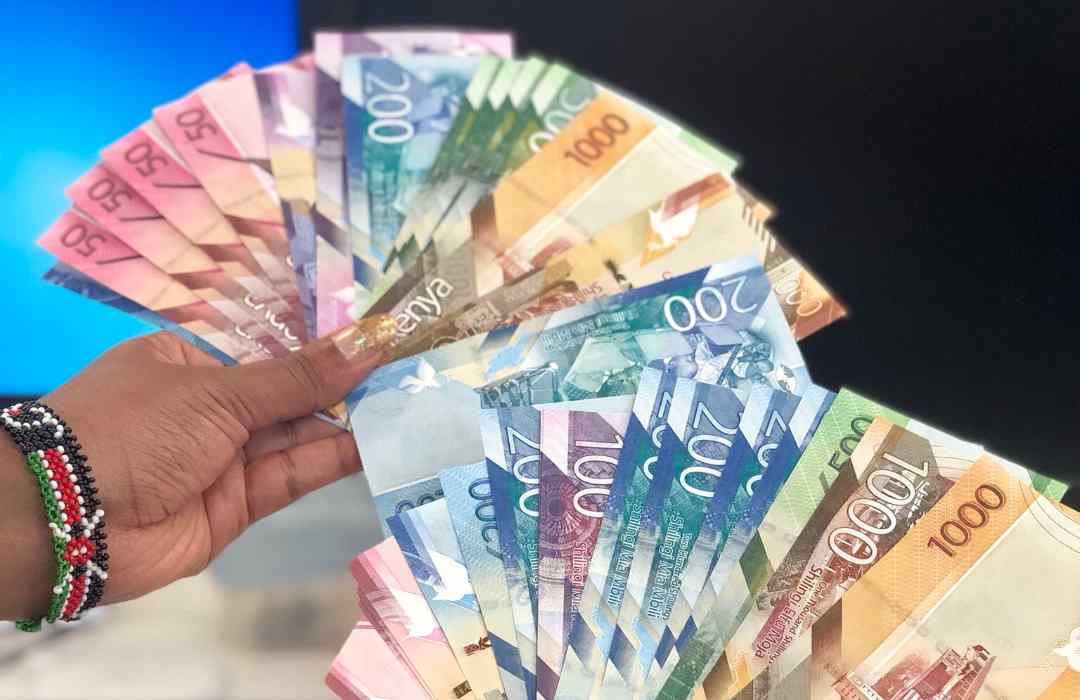[ad_1]
‘You cannot eat Gross Domestic Product (GDP)’, goes the old-cliche on quantifying economic progress. The coined phrase was once again brought to the limelight with respect to the recently released 2019 economic survey by the Kenya National Bureau of Statistics (KNBS).
While the survey pronounced a 6.3 percent expansion to GDP across 2018, the monetary measure of the market value of all final goods and services has remained under the microscope of critics.
Vague, general, broad-based, non-specific are some of the terms proposed to challenge GDP as a true reflection of the translation of economic progress at a local level.
Economist Edward Kusewa says the pronounced 6.3 percent figure of growth is on the higher scale and unreliable recommending instead the analysis of the Consumer Price Index (CPI) which helps elaborate inflationary pressures, the cost of living and consumer disposable incomes.
Further to the CPI scale, Kusewa argues a general observation of spending habits would end up with a better reflection of progress with the said reflection staying at a depressed state.
“By general observation people don’t have money. You don’t even need data for that. You can look at how both companies and consumers are spending. There are lot of cuts to expenditure,” he said.
While the inflation rate remained within the government set targets of between 2.5 and 7.5 percent, inflation was on the increase during the year primarily as a result of the mid-year hike of key taxes and rising crude prices.
Inflation in 2018 edged closer to 6 percent reaching 5.71 percent in December from a lower rate of 4.50 percent at the end of 2017.
Alternative to the CPI index is the Purchasing Managers Index (PMI) which analyses the performance of the private sector.
The PMI scale by Stanbic Bank did however stay on the right side of the 50 points threshold throughout the year to close 2018 at 53.6 points signalling an expansion rather than a contraction to the sector.
Further criticism to GDP as a measure of economic performance is the lack of an explicit definition to some of the measurable proponents.
While the survey listed 840,000 new jobs with the majority of the roles falling in the informal sector, Amana Capital Chief Investment Officer Reginald Kadzutu defines the creation as a grey area.
According to Mr. Kadzutu, the creation of jobs in the informal sector is largely un-verifiable while a majority of opportunities in the sector tend to be on a short-term basis.
Moreover, the CIO challenges the notion of growth during the year to term the floated KNBS numbers as a mere recovery from the regression witnessed in the preceding 2017.
“We need to look at what makes up the aggregate GDP figure, looking at the wrong figure will lead to the enactment of wrong policy interventions where the government will seemingly be in denial of the true picture on the ground,” he said.
The reliance on rain for growth further complicates the calculations to real progress where the onset of rainfall spells the difference between economic expansion and contraction.
Cognizant of the play-out between conducive weather patterns, the performance of the agriculture sector and its multiplier effect in the expansion of other sectors, Dr. Dennis Otieno, a policy analyst at Strathmore University emphasizes on a move away from rain dependency to push production through crop-diversity and moisture conservation.
“High agricultural productivity has a corresponding benefit of lowered inflation. On the vice versa, inflation accelerates creating a hike in commodity prices where consumers tend to keep away from active participation in purchases given Kenya’s largely consumer economy,” he said.
While the CPI and PMI indices give a more elaborate overview of growth over time, the Gross National Happiness index throws out the playbook to suggest an overhaul to the measurement of socio-economic progress.
Formulated in 1972 by the then King to the ‘happiest place on earth’ in the Bhutan Kingdom Jigme Singye Wangchuch; the index accesses the physiological wellbeing, health, education, time use, cultural diversity, resilience, good governance, community, vitality, ecological diversity, resilience and living standards.
Critiques have however deemed the index as preposterous terming it as too subjective and susceptible to tampering by the State machinery for their own benefit.
Kenya would in any case score low on the index going by the recently published Word Happiness Index by the United Nations (UN).
While Kenya tops the happiest place in East Africa, the World Health Organization (WHO) terms Kenyans as the most depressed people in Africa.
The happiness index meanwhile suggests the socio-economic situation in the country is not impressive by any standard ranking Kenya in position 121 out of a 156 –country shortlist.

For Citizen TV updates
Join @citizentvke Telegram channel
Video Of The Day: Heavy Obstetric Fistula burden for West Pokot County
[ad_2]
Source link
Kenyan Business Feed is the top Kenyan Business Blog. We share news from Kenya and across the region. To contact us with any alert, please email us to [email protected]












